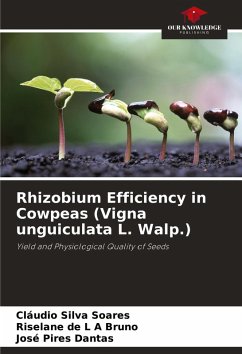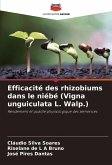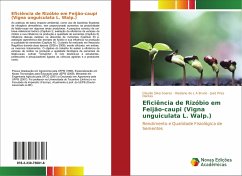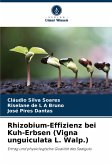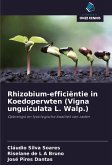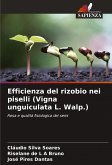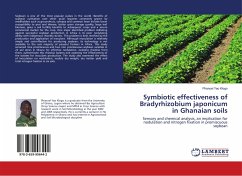Low environmental impact practices, such as the use of atmospheric nitrogen-fixing bacteria, have led to increases in cowpea productivity in some producing areas. The research consisted of a brief theoretical reference (Chapter I); evaluation of the efficiency of rhizobium strains and their influence on seed production and quality (Chapter II); influence of these strains on nutrient absorption (Chapter III) and agronomic evaluation of rhizobium strains and their influence on seed production and quality (Chapter IV). The planting was carried out in Regolithic Neosol during two seasons (2005 and 2006), using the same treatments in both. The aim of the work was to evaluate the efficiency of rhizobium strains in the production and physiological quality of cowpea seeds, cultivar "Corujinha". The book is aimed at students, teachers and researchers linked to the agricultural sciences and rural producers.
Bitte wählen Sie Ihr Anliegen aus.
Rechnungen
Retourenschein anfordern
Bestellstatus
Storno

